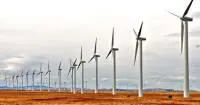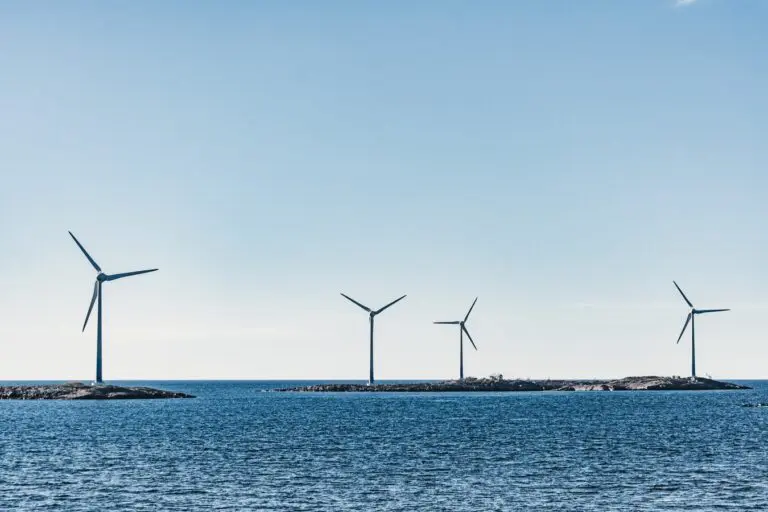Nearly half of the UK’s energy requirements could be met by the increased utilisation of biomass sources, including household waste, agricultural residues and home-grown biofuels by 2050, according to scientists at the University of Manchester.
Researchers at the from the university’s Tyndall Centre for Climate Change claimed in a recent report that the UK could produce up to 44% of its energy by these means without the need to import.
The study highlighted the country’s potential abundance of biomass resources that are currently underutilised and totally overlooked by the bioenergy sector.
Instead, the authors said that much of the UK bioenergy sector is heading towards increased reliance on biomass resources that will have to be imported from abroad.
“The UK has legally binding renewable energy and greenhouse gas reduction targets, and energy from biomass is anticipated to make major contributions to these,” commented study author Andrew Welfle..
“The widely discussed barriers for energy from biomass include the competition for land that may otherwise be used to grow food and the narrative that biomass will have to be imported to the UK if we want to use increased levels of bioenergy,” he added
But our research has found that the UK could produce large levels of energy from biomass without importing resources or negatively impacting the UK’s ability to feed itself,” continued Welfle.
Pathways
The research involved analysing the UK’s biomass supply chains and investigating how different pathways that the UK could take may influence the potential bioenergy that the country could generate from its own resources up to 2050.
The pathways the team analysed included:
A future with economic focus, investigating how the future UK bioenergy sector may look if economic growth was the prime focus
A conservation focus pathway, where the conservation of resources is the key future aim
An energy focus pathway, where the UK pushes towards achieving the maximum practical levels of bioenergy generated from its resources
A food focus pathway, where the potential future of the country’s bioenergy sector is analysed in reflection of the UK working to increase its food security.
Residues and wastes
According to Welfie, biomass residue resources from ongoing UK activities, such as agriculture, forestry and industrial processes, were found to represent a continuous and robust resource option for the UK bioenergy sector, potentially contributing up to 6.5% of primary energy demand by 2050.
The scientist added that the potential bioenergy generated from agricultural residues, particularly from straws and slurry resources, is one of the biggest opportunities for the bioenergy sector due to their abundance and current underutilisation.
“UK waste resources were also found to represent a potential major opportunity for the bioenergy sector,” he noted. “The research highlights that both household and food/plant waste streams represent particular potential for the sector.”
However, Welfie cautioned that the design and influence of future strategies and policies on UK waste generation and management are fundamental in determining the extent of opportunities that organic wastes represents to the UK bioenergy sector.
“Biomass is a flexible energy option, in that it can be used to produce heat, electricity or even be converted to transport fuels, although different types of biomass resource tend to be utilised in specific ways in order to produce the most energy or biomass-based products with increased value.
“Our research confirms that the best option for the UK to make the most of its biomass resources would be for selected resources to be used by bio-refineries to produce high value bio-products, with all remaining suitable resources being dedicated for heat generation,” concluded Welfie.
Read More
UK Government U-Turn on Biogas FiTs for Small Scale Anaerobic Digestion
The UK government’s u-turn on the Feed-in Tariff for energy produced by biogas from anaerobic digestion has been slammed by the industry.
CEWEP: End of Waste Criteria Must not be Applied to SRF and RDF
With a number of EU states developing end-of-waste criteria for waste derived fuels, associations including CEWEP have urged the Commission to ensure they remain under the control of waste legislation.
Waste to Energy and Contracts in MENA & Asia Key as Suez Environnment Posts Profit
Following the publication of its 2013 financial results, Suez Environnment’s CFO has told WMW that the company is rapidly expanding its waste to energy capacity globally and that both MENA and Asia are key growth areas.








